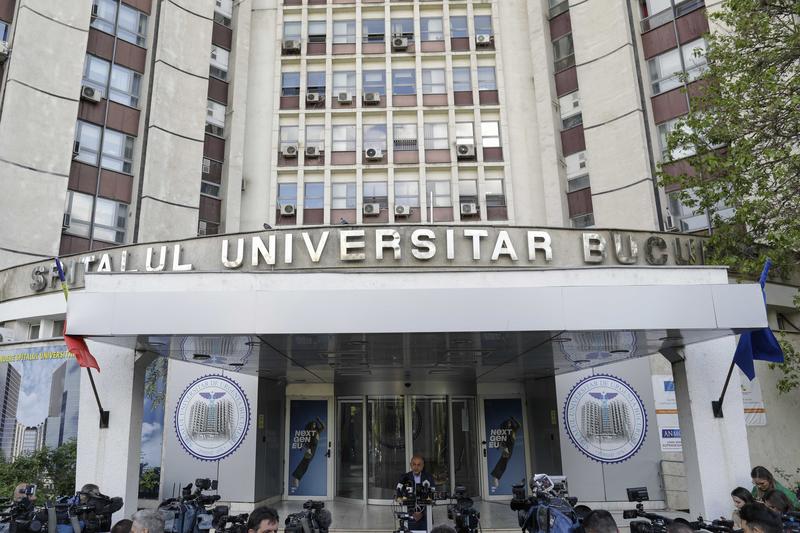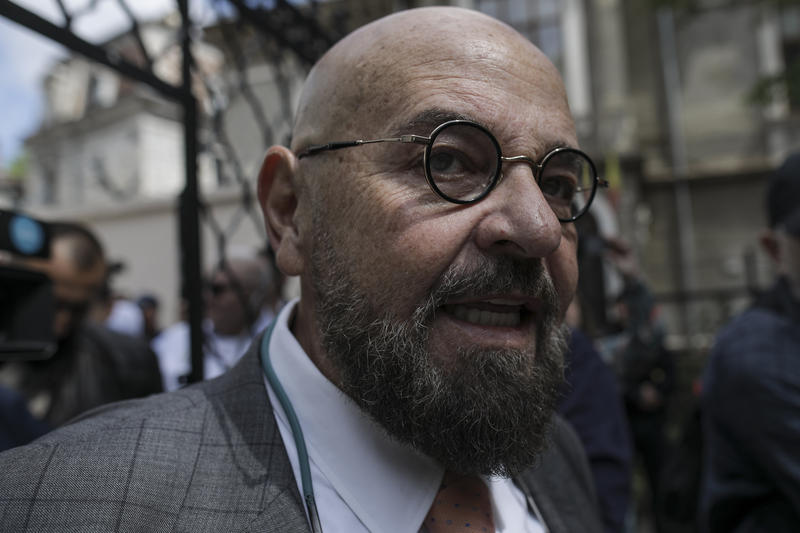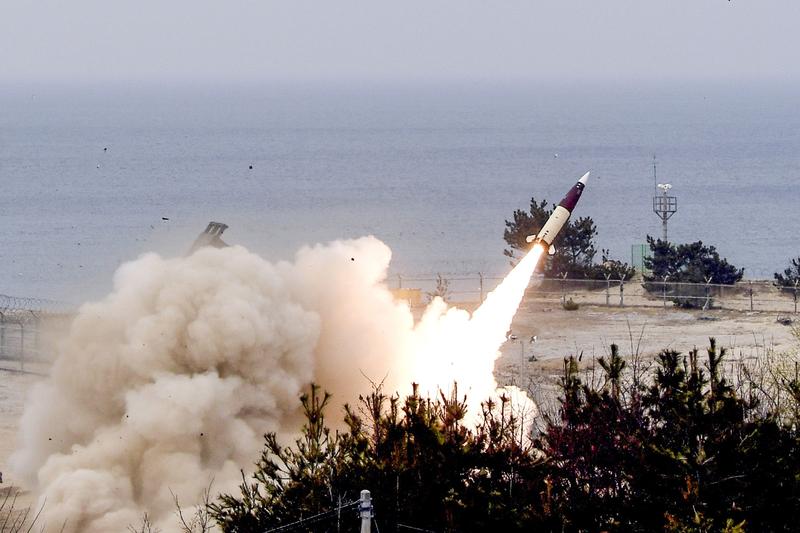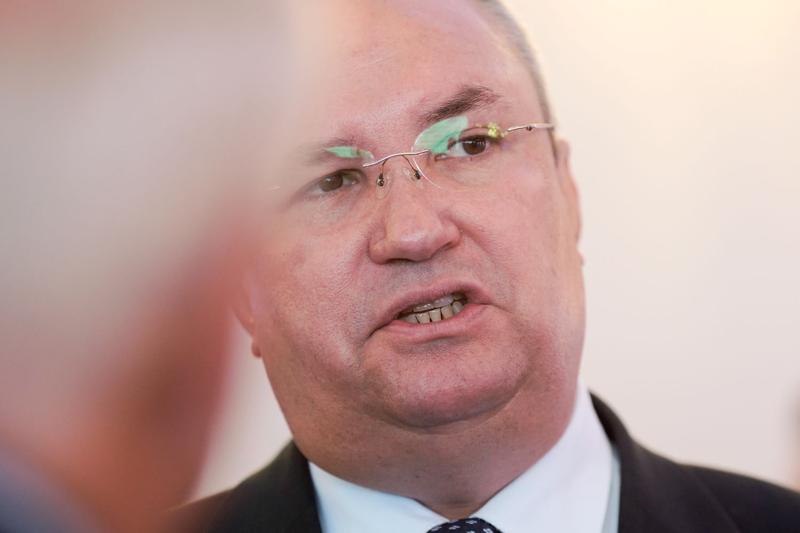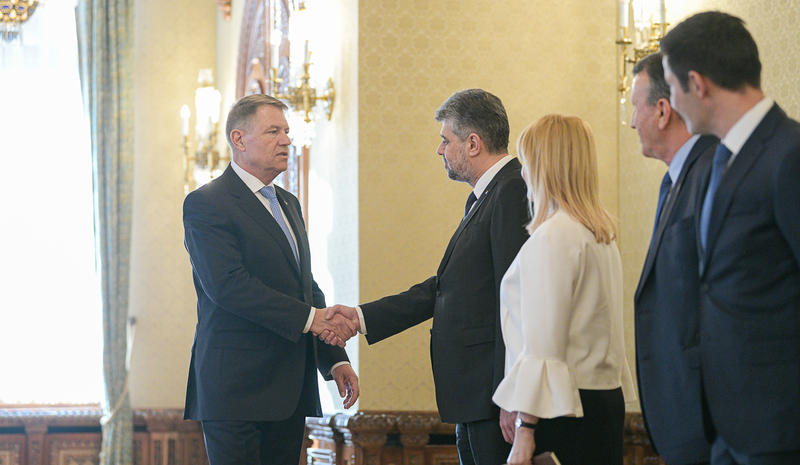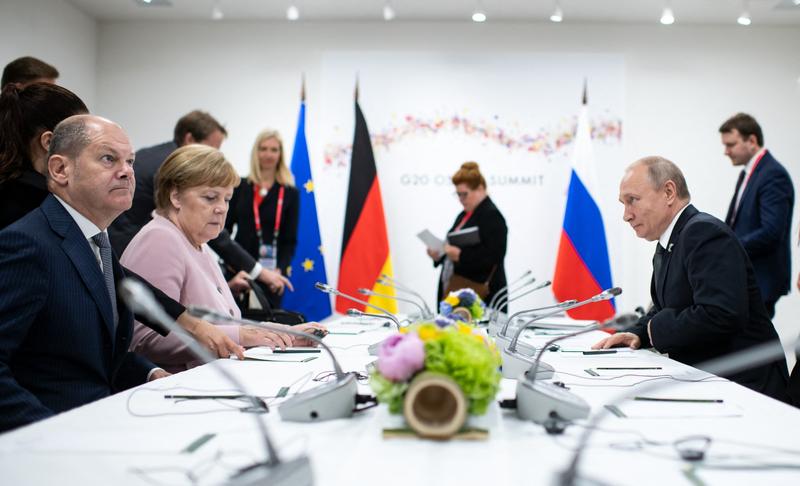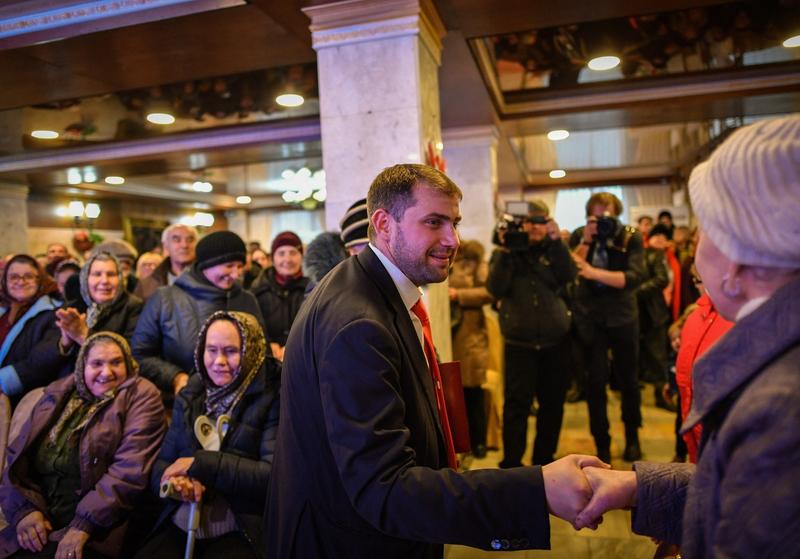Hundreds of Romanians abroad faced humiliation on Sunday as they had to wait in long queues at voting stations in many cities across Europe in an attempt to cast their ballots in the presidential elections. Unprecedentedly bad organisation saw many of them incapable of voting after waiting for hours. The responsibility for the organisation of voting abroad belonged to Romania's Foreign Ministry according to the law regulating presidential elections. So question marks appeared about a supposed intention to undermine voting abroad, as the Romanian diaspora is known for voting against the Social Democrats, who are now led by prime minister Victor Ponta, the leading candidate in these elections.
Paris, London, Brussels and even New York, among other cities, saw queues of hundreds of Romanian citizens trying to cast their votes on Sunday. In Paris, police was called as about 1,000 people were still waiting to vote as time came for closing polls (9.00 p.m. local time). In London, a major fail hit the embassy where the voting station was organised as a voting official called pensioners to vote first - but none was to be found in line (the elderly are known to generally favor the Social Democrats), according to reports on Sunday evening.
The situation caused major uproar in Romanian media, as the PSD and TV stations supporting Victor Ponta blamed the situation on ambassadors who were named by incumbent President Traian Basescu, Ponta's rival. That is, despite that embassies serving only as host to polling stations, with the Foreign Ministry being in charged with the organisation.
As polls closed in Bucharest, Traian Basescu called for the resignation of Ponta's Foreign minister and of the minister in charge with the Diaspora. Other candidates called major irregularities about the situation abroad. And several hundred people gathered late on Sunday to protest in front of the Foreign Ministry, chanting slogans against PM Ponta and urging authorities to let Romanians abroad to vote.
In his first speech after the announcement of exit polls, PM Ponta claimed that the duty to organise elections abroad fell with electoral authorities, despite Romanian legislation saying that his government and Foreign Ministry were the ones in charge. His claim was rejected by the head of the central electoral office.
The vote of the Romanian diaspora - known to be against Ponta and his Social Democrats - is of major importance as it might considerably narrow the difference between Ponta and the opposition candidate with the most votes, Klaus Iohannis. Exit polls - not counting votes abroad and votes in late evening back home - showed a difference of 6 to 10 percentage points between the two, with Iohannis hoping to narrow the gap to about 3-5 percent.
